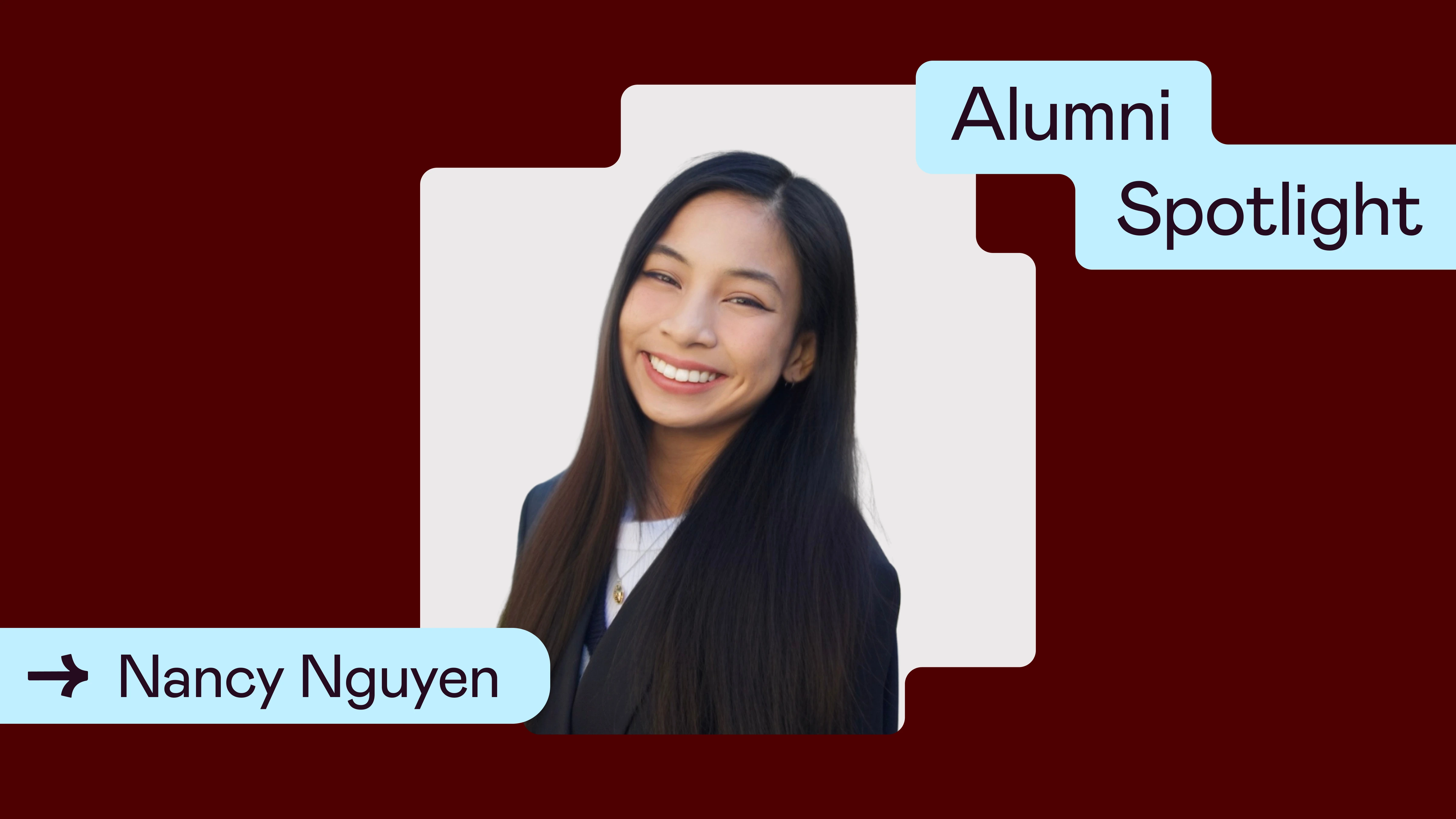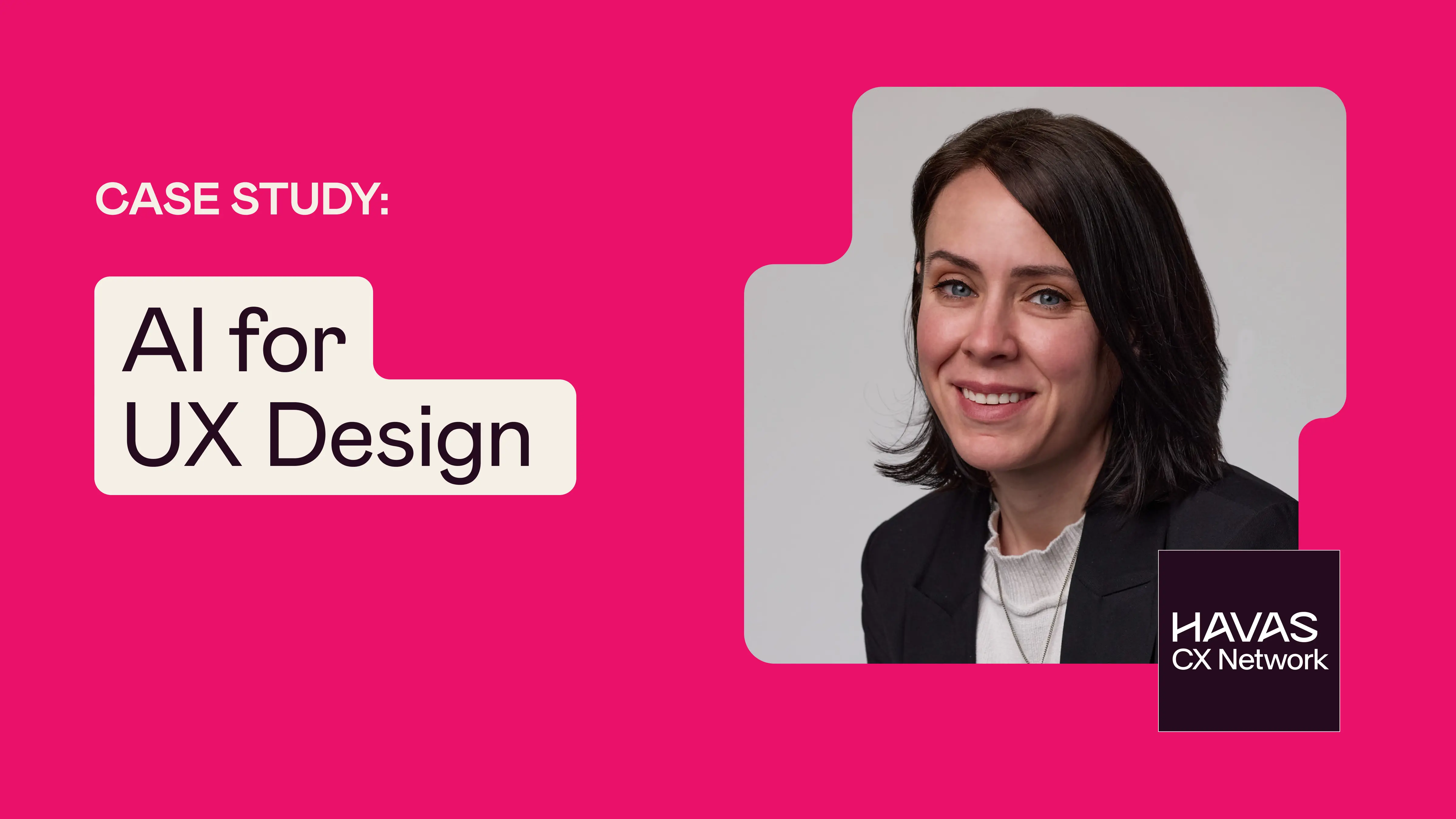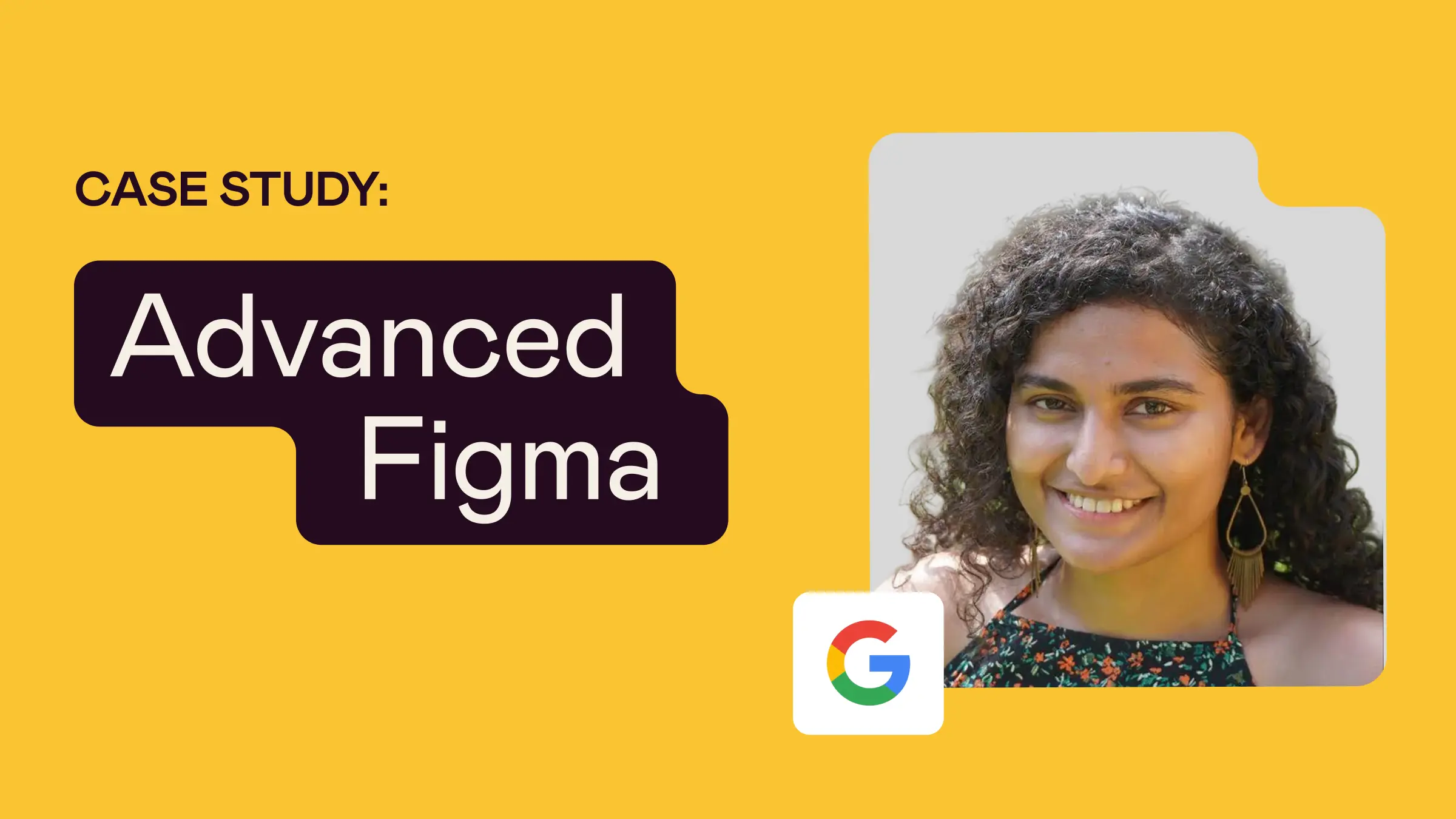With a background in software engineering and marketing, Mert Karabay came through UX Academy with the goal of combining his existing skillset with UX design. After graduating, Mert found himself doing just that: together with a friend, he started OneImaging, a platform that revolutionizes the way patients and providers access medical imaging care. Through carefully crafted UX, Mert is bringing his ideas to life as a successful entrepreneur.
So what was your motivating factor for coming through a UX bootcamp?
I have a background in marketing and software engineering, but working in that space, a lot of engineers don’t also want to design. So I wanted to be able to take the lead on design and also create my own ideas, or work with like-minded people and create ideas together.
Very cool. And how was your experience coming through the program?
It was a few years ago, but I really liked the program. It's very skilled-oriented, so I learned a lot, especially starting from scratch. I didn't even know what Figma was. So it was very informative, and it gave me a good foundation for design but also a good understanding of how to research tools and concepts that aren’t within Designlab.
Some weeks were really busy, but I liked that you could work on the material whenever you wanted. I appreciated the workflow you presented, but also the opportunity to explore outside of it. That’s something my mentor would say: if you want to go above and beyond you have to do all that work. And that’s what I wanted. My mentor, Peter Javorkai—I really liked him. He showed a lot of what I should be doing.
My other mentor, Matt Farley, showed me how to make better design decisions quickly and effectively. I still use the advice and tricks from both mentors that they shared with me during Designlab.
That’s awesome to hear. And it sounds like you’ve been very busy since leaving the program. You’ve started your own company?
Yes! Initially, I was working on another project—it was one of my UX Academy capstones, I had both designed and built everything for it, and I was actually going to try and make that a reality.
But then around the same time, I got in a car accident, and I ended up paying around $3,500 for a CT scan, and was like “this is crazy”. I was asking around and found out there was somewhere down the block that was $350. And that’s a huge difference.

So my cofounder and I were floating around ideas. He had a background in Radiologic and Imaging Sciences, and I had a software development and marketing background and had also just gone through UX Academy. I wanted to take all that expertise and put it into effect. So that’s how it got started.
It makes me happy, seeing all these things I learned at Designlab and putting them in reality, and getting these great comments back from top people in the industry.
Wow, that’s amazing. Can you tell me a bit more about the service you provide?
The company is called OneImaging, and we are a venture-capital-backed business, already have clients, and are growing. We're a radiology employee benefits company—so just like how you pick up your prescription drugs from CVS Caremark or Walgreens, we do the same exact thing, but for radiology.
Our focus is mostly on large corporations such as Fortune 500 and Fortune 1,000 companies, because that's where the large healthcare spending and savings happen, and we only make money when we save money.
We talk to these large corporations and they really like the user experience—they’re very impressed with it actually. Our mission as a company is to make the product so easy that any person who needs a radiology healthcare service will be happy with it and have no trouble, because it can be a complicated process. And that's what we're achieving with the UX. So the UX is very important.
We get feedback that when people book an exam, they’re like, “oh, this was simple”. It's actually complicated—but that's the whole goal, making it seem simple. And it just makes me happy, to see all these things I learned at Designlab, and putting them in reality, and getting these great comments back from top people in the industry.
That sounds like an incredible product. And one that is really needed.
Absolutely. We handle all the complicated workflows when it comes to insurance and providers. We work with insurance directly, so members create their accounts, put their insurance ID in, and then we deal with everything on the backend.
So when a user comes to our platform, they just find the nearest imaging center, and they book their exam, and they can see the prices before they actually go get it. And they don't get any surprise medical bills.
It's a one-of-a-kind situation where you can actually learn your deductible and copay before you go get your medical imaging exam. It’s hard to get a hold of these centers, you don’t know where to go, and you don’t know the prices. It's daunting and very complicated. We simplify the medical imaging process for employees, creating substantial cost savings for both employers and employees through our services.
That’s amazing. And is this what you started doing right out of UX Academy?
Yes—I got my UX experience at Designlab, and then we just started this immediately after. So this is actually my first real UX project in the real world, like for a company. But this is now my full-time job. Honestly, it’s more than a full-time job. It’s a startup, so I have a lot of responsibilities—I’m the Co-founder, CTO, product manager, and Lead UX Designer. But UX is something I really enjoy, and I built the whole thing from scratch.
I’m glad I went through Designlab because now I have these different perspectives. It expanded my horizons and made me a lot more creative overall.
What has that process been like in terms of building all the UX?
So sometimes things aren’t going to be completed perfectly, and there are things in the UX that you might have to skip in a way, because the process becomes a lot more lean. That’s just the startup methodology: we’re a small team and we work fast, so things have to be lean.
But the UX is still very important. I’m glad I went through Designlab because now I have these different perspectives when it comes to designing the software and connecting the data points and everything. It expanded my horizons and made me a lot more creative overall. UX design is a great skill.
What advice would you have for someone considering a bootcamp or career change?
Having UX skills in the tech field is super valuable. Having UX expertise in a leadership role or simply possessing UX experience can significantly enhance design decisions and product improvements, fostering better collaboration and work outcomes.
In the realm of AI and technology, these skills are crucial, whether you are thinking about a career change or not. Even if you're not in a technical role—UX skills set you apart.
Check out some more student stories below:
How Taking a Leap After a Layoff Inspired Stephen's Career in UX
Designing Her Career: Meena's Creative Leap from Graphic Design to UX
Changing Creative Lanes: Andrew's Journey from Music Production to UX/UI Design



.svg)
.png)













